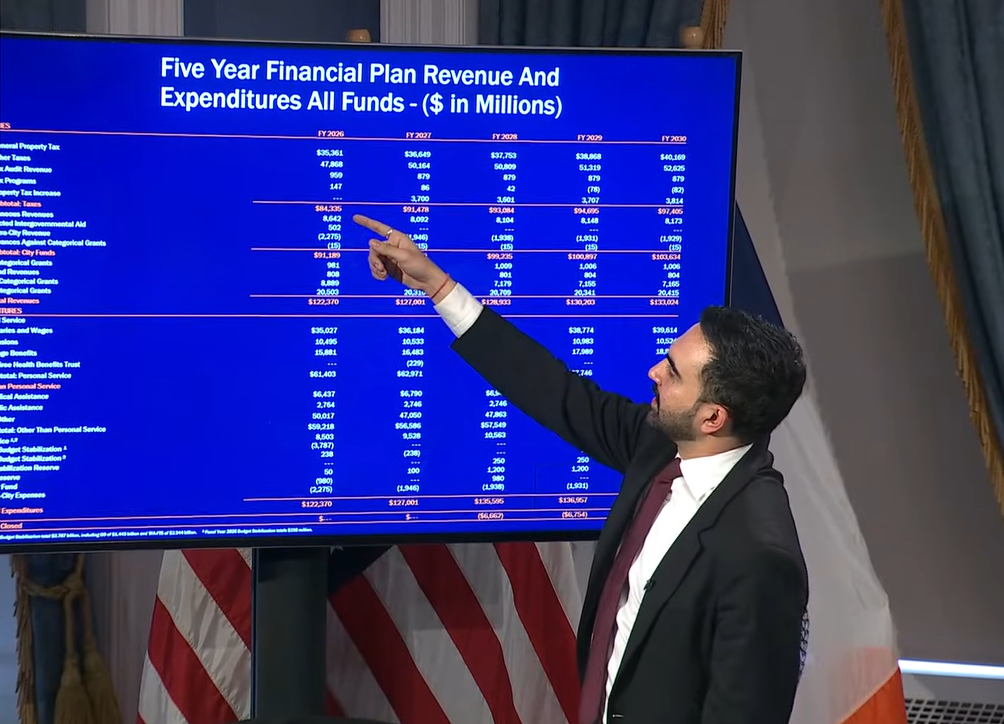Due to recent tax law changes, a wealthy individual’s estate can be sheltered from federal tax by a generous estate tax exemption of $10 million, subject to inflation indexing. The indexed figure is $12.06 million for decedents dying in 2022. Plus, transfers between spouses remain completely tax-exempt under the unlimited marital deduction. As a result, most people don’t have much to worry about federal estate tax.
However, the estate tax exemption is scheduled to revert to $5 million in 2026, with inflation indexing. Fortunately for married couples, the exemption is “portable” by law. In other words, the estate of the second spouse to die can benefit from any unused portion of the exemption available to the first spouse to die.
As a result, a married couple can effectively transfer as much as $24.12 million in 2022 without paying a penny of estate tax!
How it works: The portability election— officially called the “deceased spousal unused exemption” (DSUE) election—is claimed by the estate’s executor.
The easiest way to explain the DSUE election is to look at a hypothetical example.
Suppose that Jane and John, a married couple, have two children. Each spouse individually owns assets valued at $5 million plus they have $10 million jointly with rights of survivorship. Thus, their total assets are valued at $20 million. According to their wills, all assets pass first to the surviving spouse and then to the children.
If John dies in 2022, the $5 million in assets bequeathed to Jane is exempt from estate via the unlimited marital deduction. Thus, the entire $12.06 million exemption is unused. However, if the election is made upon his death, Jane’s estate can later use the $12.06 million of the DSUE for John, plus the exemption for the year in which she dies, to shelter the remaining $7.94 million from tax, with plenty to spare for appreciation in value.
What would have happened without the portability provision? For simplicity, let’s say that Jane dies later in 2022. Without being able to benefit from the unused portion of John’s exemption, the $12.06 exemption for Jane in 2022 leaves $7.94 million subject to estate tax. At the 40% rate, the federal estate tax bill would amount to a staggering $3.176 million.
Although techniques such as a traditional bypass trust may be used to avoid or reduce estate tax liability, you can see how the DSUE election can be a valuable tool in your estate planning toolbox. Advance planning can help accomplish your goals.
Reminder: Depending on your situation, there may be other considerations, including setting up trusts for creditor protection. Remember that portability isn’t the be-all and end-all. But this provision can be the capper on your estate plan foundation.
Thanks for reading CPA Practice Advisor!
Subscribe Already registered? Log In
Need more information? Read the FAQs




